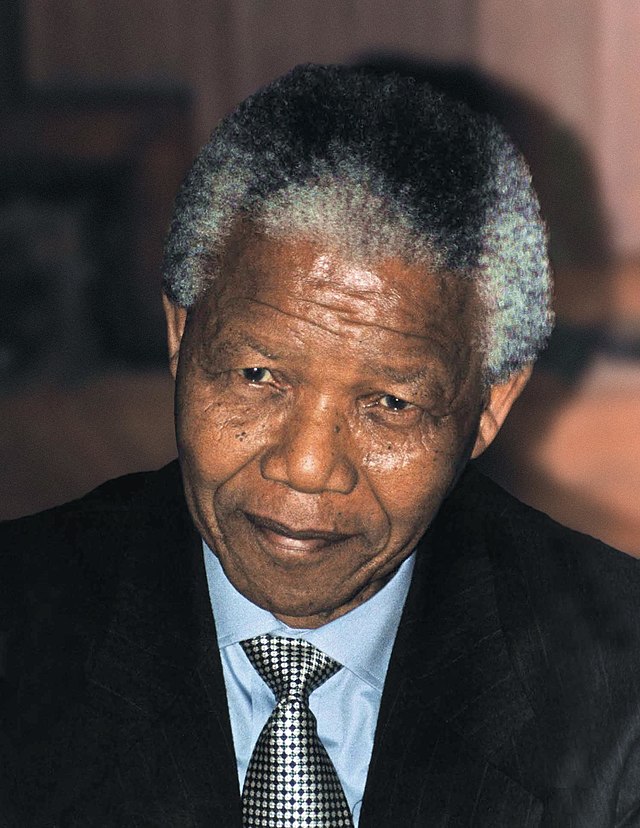
By Laura Onyeneho, Houston Defender, Word in Black
As the nation celebrates Dr. Martin Luther King Jr., we sometimes forget that the struggle for justice and equality isn’t just happening on American soil, it is also impacting Black people all over the world. Dr. King’s fight for civil rights was birthed during Africa’s decolonization era, and his transnational support and advocacy helped elevate the international human rights movement in numerous African countries.
He connected with several African leaders in the struggle to exchange ideas. He boldly embraced his African roots. Pan-Africanism existed to empower Black people worldwide to dismantle the institutions of white supremacy. Some of his sermons connected the common struggles between Africans and African Americans.
Here is a list of some African leaders whose fight for their countries’ liberation against colonialism was influenced by Dr. King and the Civil Rights Movement.
NELSON MANDELA (SOUTH AFRICA)
Nelson Mandela was South Africa’s first Black president. Dr. King and Mandela never met, but they fought for the same cause on two different continents. While King worked to elevate the Civil Rights Movement, South Africa was fighting apartheid (a policy of system of segregation or discrimination on the grounds of race). Mandela spent 27 years in prison during white racist rule in South Africa. After Mandela was released, he traveled to the United States to speak at Yankee Stadium, telling the audience that there was an unbreakable umbilical cord connection with South Africans and Black Americans.
KWAME NKRUMAH (GHANA)
Kwame Nkrumah was the first prime minister and president of Ghana who led the country to independence from Britain in 1957. He was a prominent Pan-African organizer who served as an inspiration to Dr. King, who looked to Nkrumah’s leadership as an example of nonviolent activism. Dr. King and his wife Coretta attended Ghana’s independence ceremony on March 6, 1957, which led to the creation of a lesser know sermon titled “The Birth of a New Nation,” a speech he wrote sharing his experience and impressions of Ghana’s fight for independence.
BABATUNDE OLATUNJI (NIGERIA)
Babatunde Olatunji was a Grammy-nominated Nigerian drummer who protested against racial segregation in the U.S. South and played a role in the generation of Africans who fought for racial injustice in the U.S. The Morehouse College alum encountered ignorance and stereotypes about Africa, which inspired him to educate his fellow classmates by playing drums at university social gatherings at both white and Black churches across Atlanta. The activities were during the height of the Jim Crow era. He became Morehouse’s student body president, which led him to meet Dr. King. His involvement in the Civil Rights Movement in the U.S. was largely inspired by resistance to colonialism that was occurring in Africa.
PATRICE LUMUMBA (DEMOCRATIC REPUBLIC OF CONGO)
Patrice Lumumba was a Congolese freedom fighter and the first elected prime minister of Congo (Zaire). Both Lumumba and King have a few things in common. Jan. 17 is the day the U.S. memorializes Dr. King in 2022, and it is the same day Lumumba was executed in 1961. They both died for fighting against oppression of their people. They were both born in the ’20s, Lumumba in 1925 and Dr. King in 1929. Lumumba sought political and economic independence from Belgium after nearly a century of colonial rule.
KENNETH KAUNDA (ZAMBIA)
Kenneth Kaunda became Zambia’s first president and was at the forefront of the fight for independence against British rule. He first emerged on the international scene in the 1950s. He played a central role in the relations between Zambia and the U.S. He visited the U.S. in 1960, where he met Dr. King in Atlanta. King inspired him to begin his own civil disobedience strategy upon his return to Zambia to organize a rights campaign.
____
This post was originally published on Defender Network


